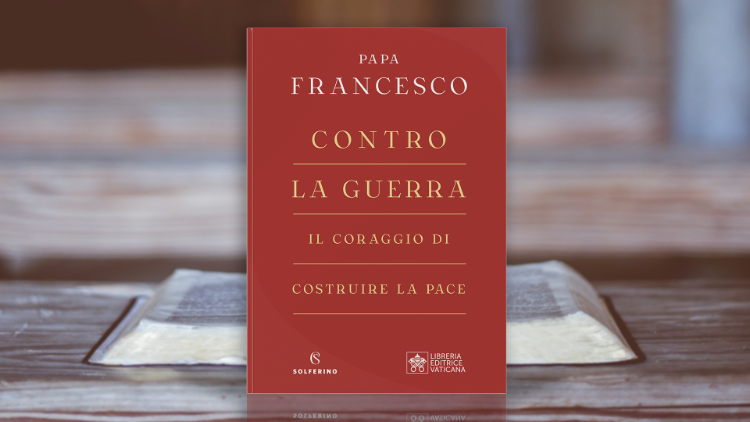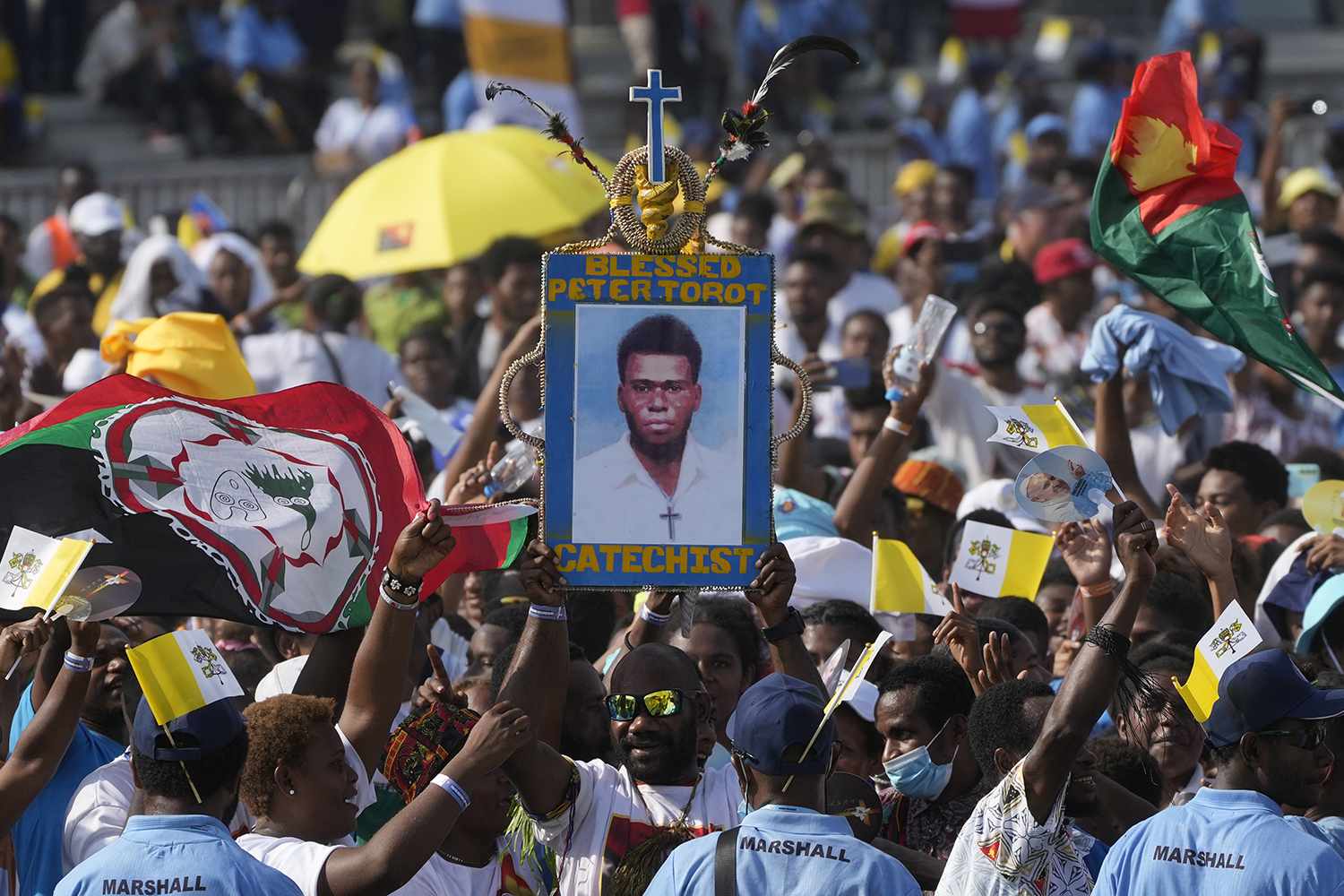José Maria C.S. André
On Maundy Thursday last week, the Pope released his new book, entitled Against War: The Courage to Build Peace (Contro la guerra. Il coraggio di costruire la pace).
In addition to encyclicals, apostolic exhortations, pastoral letters, messages, papal bulls and so on, the popes since Pope John Paul II have also written books. The difference between books by popes and other papal documents is not the number of pages, since other papal documents are two hundred pages long, but in the personal nature of the text and the desire to reach out to a wider audience, beyond the boundaries of the Catholic Church.
Several books attributed to the popes are collections of speeches, selected thematically by some collaborator. For instance, in Italian alone there are a half hundred such books attributed to Pope Francis, not counting the official volumes that, every year, collect all his speeches. The new book takes up known concerns, but it is more than just a compilation of texts.
Almost a year ago, a compilation of the words and speeches of the Pope on peace and fraternity were brought out in a book called Peace on Earth: Fraternity is Possible (Pace in terra. La fraternità è possibile), with a preface by the Copt-Orthodox Patriarch Tawadros II. Although Against War: The Courage to Build Peace is Pope Francis’ second book calling for peace, it is still making a tremendous impact because of the present war in Ukraine, and the particularly strong and anguished call for an end to the war.
One of the key ideas of Francis’ previous book on peace can be summed up in these two quotes: “indifference is an accomplice of war” and “peace and fraternity are possible”. One of the main assertions of the new book is that “war is not a solution.”
There is a common thread between the two works. In the first book, the Pope states that we cannot turn away from the horrors of war, as if we had no responsibility for peace. Francis even goes so far as to say that politicians who shirk responsibility “will have to answer before God.” In this second book, he insists that fueling war rather than ending it is not a solution.
In my view, this position contrasts with the approach of much of the international community which, instead of stopping the aggressor, provides weapons for the Ukrainians to defend themselves as best they can. It is undoubtedly the more convenient approach, but the result is a war of attrition with numerous deaths on both sides, especially among the most vulnerable.

The least that free countries can do for Ukraine is to help it with weapons. However, that minimum is insufficient, because it has already produced many tens of thousands of deaths among the Ukrainian population, millions of refugees who have had to flee abroad, and millions of divided families. It is true that several thousands of the invading force have also died, but these casualties are hardly visible in a dictatorial regime and are not enough to make Russia give up pursuing the “special operation.”
The difficulty of the international community in achieving peace in Ukraine is mainly due to those countries that oppose democracy, such as the communist dictatorships (China, Cuba, North Korea and Venezuela) and some dysfunctional democracies (namely India). Although these regimes assume that they will be able to take advantage of other people’s misfortune, the invasion harms the whole world and hits them especially hard, even if their leaders do not realize it. International tourism, and commercial and cultural interexchange, which are significantly affected by the Ukraine-Russia war, were promoting universal brotherhood and drawing attention to the merits of each culture. They were helping those peoples still without freedom to open up to the value of peace and social harmony. Economic and cultural interdependence was an opportunity for the development of the poorest, in a spirit of peaceful cooperation.
After the invasion of Ukraine, the free countries reacted by limiting their dependence on unreliable regimes and strengthening military defense to avoid being the next targets. On the one hand, it is a pity to lose the opportunity to reinforce the bonds of international cooperation, which could bear the fruits of friendship and peace in the long run. On the other hand, the investment in defense, which seems prudent in the current circumstances, is in some cases diverted to weapons of destruction, instead of weapons to defend the country. Pope Francis directly criticizes this strategy of threatening civilian populations, because it is not effective in containing aggression and, instead of limiting war, it extends its potential extermination to the whole of humanity.
It is increasingly clear that the Second Vatican Council was right when it proclaimed that it is up to the international community to ensure peace and that it is not healthy that each country has its own armed forces. For the moment, too many countries are still dominated by belligerent dictatorships. But we cannot give up on building a more fraternal world, where each country does not need to arm itself against the others, and the international community has the capacity to prevent aggressions.
The President of Kazakhstan announced the Pope’s visit to the country next September, and the Holy See has already confirmed the trip. John Paul II decided to go to Kazakhstan 11 days after the Twin Towers attack, despite the fact that it had been a Soviet colony for a long time and has a Muslim majority, indicating that the Kazakhs are a peaceable, prudent people. Francis is placing his faith in the prudence and viable judgement of the Kazakhs, to be peace mediators between conflicting worlds.
(Book image: Vatican News)


 Follow
Follow


